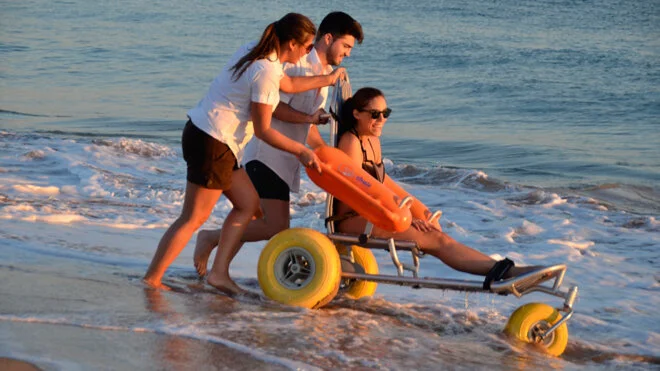With the announcement by the President of the Portuguese Republic of the return of the “preventive” state of emergency, Prime Minister Antonio Costa for his part detailed this Saturday, November 7th the measures that will be in place in the 121 municipalities that are concerned, in order to combat the coronavirus epidemic. The implementation of a curfew in these areas has been confirmed, from 11 p.m. to 5 a.m. on weekdays and from 1 p.m. on weekends. It will also be mandatory to be tested to access certain places. Lisbob, the expatriate assistant, tells you all about the implementation of the curfew in Portugal.
Curfew from 11 p.m. to 5 a.m. on weekdays and from 1 p.m. on weekends in Portugal
The Portuguese government has decided to impose a curfew between 11 p.m. and 5 a.m. on weekdays, from Monday 9 until 23 November, in the 121 municipalities most affected by the coronavirus pandemic. The Portuguese executive has also determined that on weekends, the curfew will start at 1:00 p.m. in the same 121 municipalities.
Prime Minister Antonio Costa justified these new measures by the fact that this Saturday, November 9 there were more than 6,000 new positive cases of covid-19 and 2,420 people hospitalized, including 366 in intensive care.
There are exceptions to be able to travel during these curfew times, such as:
Business trip;
Return home;
Emergency situations;
“Hygiene” walk near the house;
And finally to take out pets.
It is also a question of the obligation to have the temperature taken, or even to be tested in order to access certain places and services. In fact, the “preventive” state of emergency established allows for compulsory temperature control when accessing workplaces, educational establishments, means of transport, public services or establishments, and public spaces. commercial, cultural or sporting, residential structures, health establishments, prisons or educational centers. And it will not be possible to refuse it.
Indeed, according to the press release from the Council of Ministers, "access to the place may be prohibited whenever there is a refusal to measure body temperature or when the person presents a result higher than normal body temperature". The state of emergency also allows the obligation to carry out rapid diagnostic tests in order to be able to enter certain health establishments, homes and integrated units of the National Network of Integrated Continuous Care, educational establishments, as well as entering and leaving the mainland, penitentiary establishments and others designated by the DGS.













